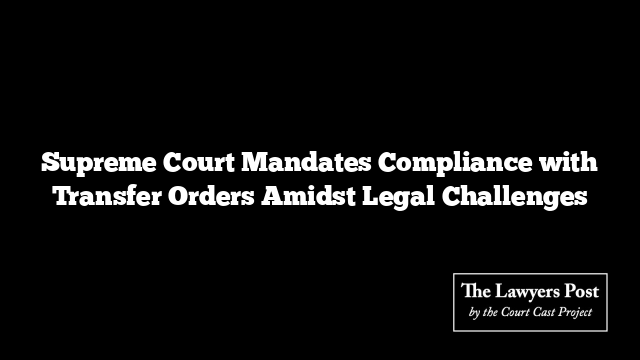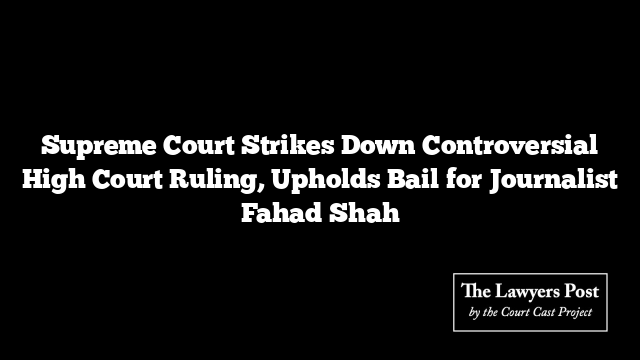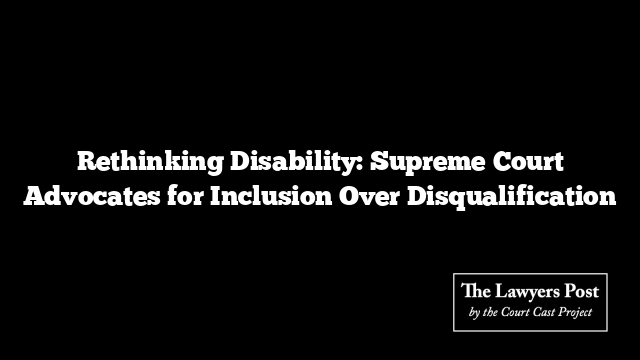In a decisive ruling, the Supreme Court has emphasized that government employees cannot refuse to report to their new postings while contesting transfer orders. This clarification comes as a response to a troubling trend of employees challenging their transfers and prolonging legal disputes without fulfilling their duties.
A bench comprising Justices Vikram Nath and Prasanna B Varale remarked on the growing practice where employees delay their relocation under various pretexts, often citing medical issues while still seeking full salaries. The Court stressed the necessity of prioritizing administrative needs over individual grievances during the legal process. It urged government employers to implement strict measures against those who fail to join their new assignments without valid reasons or a stay order.
The Court reiterated that transfers are a fundamental aspect of government employment, and once an employee has been officially relieved from a post, they must comply with the new assignment. “An employee may pursue all legal avenues for grievances but cannot neglect the transfer directives,” the justices stated. Employees are entitled to join their new posts and simultaneously contest the transfer.
Two significant issues were highlighted regarding employee absenteeism:
- Transfers are essential for filling vacancies, and failure to comply hinders operational efficiency.
- Absentee employees force authorities to recruit temporary replacements, leading to unnecessary financial strain on public resources.
The Court articulated that such practices could deplete public funds and undermine the interests of the government.
The ruling emerged from a case involving Tamil Nadu Agricultural University, where six employees challenged their transfer orders in the Madras High Court. A Single Judge initially sided with the employees, leading the University to appeal. Although the Supreme Court mandated the employees to report to their new posts, questions remained regarding their entitlement to salaries during the period of absence.
For four employees who had received interim protection from the High Court, the University agreed to regularize their status and compensate them for back pay. However, the other two, who lacked interim orders, could not be regularized or compensated for their unauthorized absence. They will be eligible for salaries only from the date the High Court quashed the transfer orders.
Ultimately, the Court granted the University’s appeals but stipulated that the two employees without interim relief would not receive compensation for the time they were absent without authorization, while ensuring continuity of their service periods for all other benefits.





